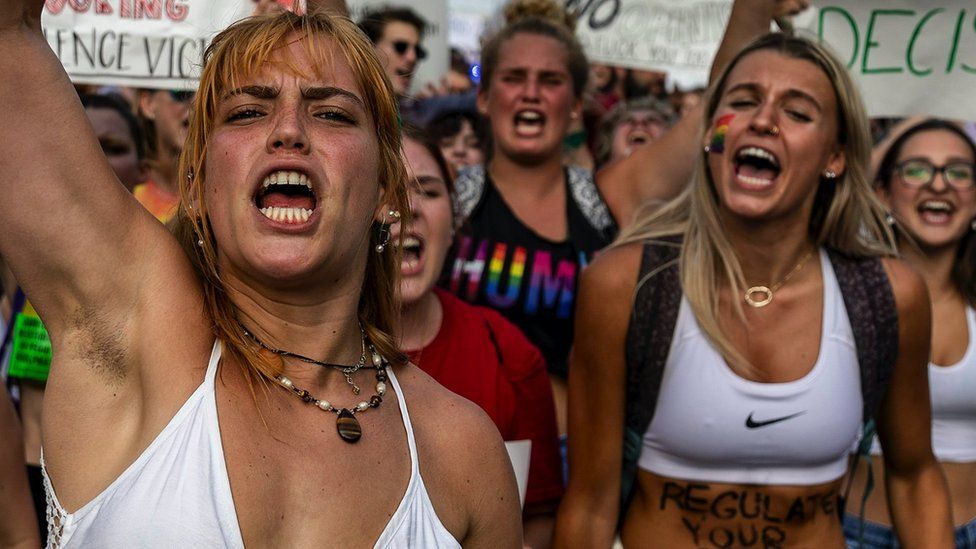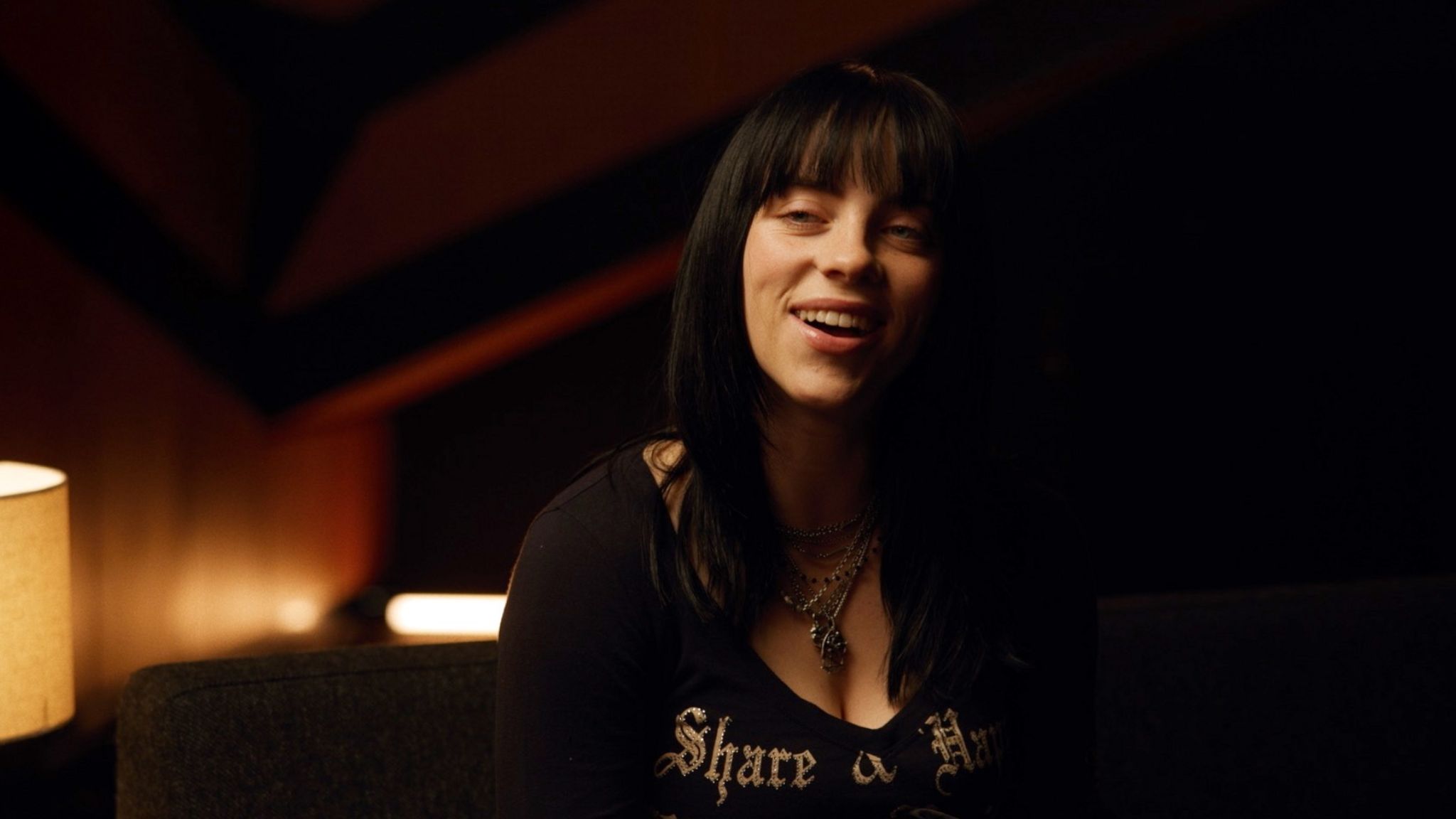Selma Blair: ‘Multiple sclerosis took my career down’
This video can not be played
To play this video you need to enable JavaScript in your browser.
US actress Selma Blair says speaking publicly about her multiple sclerosis (MS) diagnosis has had a major impact on her career in Hollywood.
“When I talked about it, there was so much support, but I never got a job again,” she tells BBC 100 Women.
Blair had experienced fatigue and speech disturbances since her youth, but doctors took many years to establish what was wrong.
Her unexplained health issues led to years of feeling low but she says she kept them secret.
“I was ashamed and concerned I wouldn’t work again.”
Doctors often assumed the problem was psychological.
“They would say, ‘OK, what kind of trauma have you had?’ ‘We do think this is psychosomatic.’ But without any real neurological tests.”
When Blair was finally diagnosed in 2018, she felt “unburdened”.
“It was a relief. There was a little bit of panic, like how will I have the energy to ever even deal with this?
“I had been down that road for so many years without a diagnosis that I did feel kind of hopeless still, but I was hoping that the diagnosis of MS would give me so many more options.
“It was an amazing, comforting feeling to know that there was a whole community of chronic illness or MS patients.”
Selma Blair is one of the women featured on the BBC 100 Women list, which each year names 100 inspiring and influential women around the world. This year the list is honouring the progress that has been made since its inception 10 years ago.
Known for iconic films such as Cruel Intentions and Legally Blonde, Blair is now focusing on being an ally to the MS community and increasing the visibility of disabled people in film and television.
“Hollywood has been a family,” she says.
“I made incredible women friends. There isn’t a movie that I was on that I didn’t make friends with the wardrobe, hair, make-up, the stars – Sarah Michelle Gellar especially, and Jaime King.
“I thank my lucky stars for that because they’re the people I’ve gone to when I needed allies and they were there.”
She thinks Hollywood has made progress with regard to the representation of disabled people, but wants it to do more.
“There is a bigger responsibility to create iconic images with people that have disabilities,” she says.
“I know that my own MS took my career down. I had to stop working for years, even before I had my son [in 2011], because I wasn’t well.
“Disability was affecting me and taking me out of the workforce and it created huge changes in my physical appearance… things that couldn’t be in a movie or a TV show.”
Blair says she’s not bitter about a lack of acting offers since her diagnosis: “I don’t know how much I’ve said ‘Oh my God, I’m willing to be on a set all day.'”
But she does want to get back to filming: “I hope that my own knowledge of what I can handle can be a strength for me, because the people you work with do want to know what you can handle.”
She recently appeared in the US television show Dancing with the Stars, as a way to check her stamina. Earlier than planned, she had to leave the competition because of the impact training was having on her health.
“I deserved the chance to try,” she says.
“I was so proud of what Dancing with the Stars did by having someone like me on the show. There were so many things they were doing for the disabled community about visibility that are important to me.”
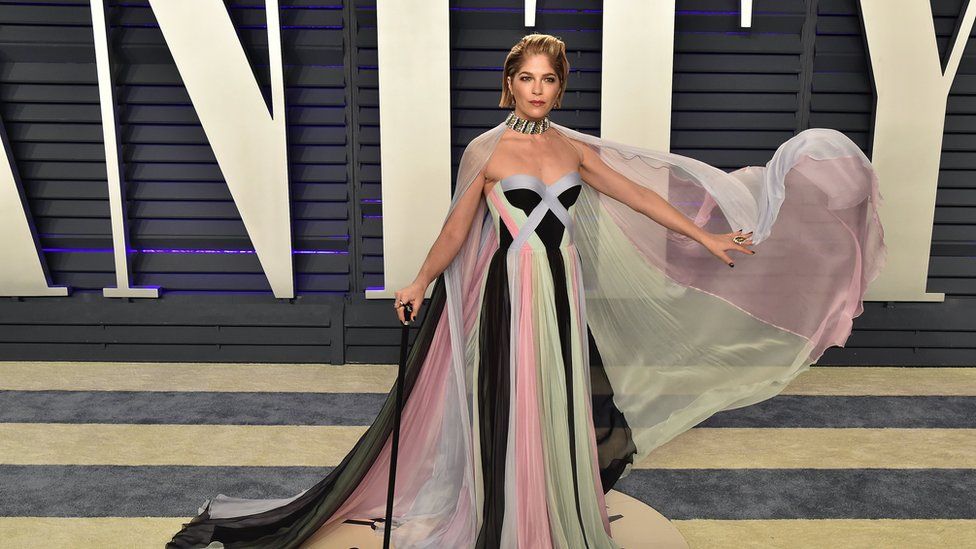
Earlier this year, Blair published a memoir detailing her experiences of MS, as well as looking back at her life and career.
“I wanted to write a book for the little Selmas out there that are afraid,” she says.
As a younger actress working in Hollywood, Blair had a long-term problem with alcohol that she kept secret.
“I didn’t know how many people felt broken like me,” she says.
“Saying ‘I’m fine’ all the time is what made me drink in a bathroom at the age of nine until I’d pass out.”
Writing her book has been a form of therapy, Blair says, as has collaborating on an inclusive make-up line with more accessible tools.
Due to MS symptoms, Blair says she would often hurt herself when applying cosmetics.
Earlier this year she was announced as chief creative officer of Guide Beauty, an ergonomic brand that designs its products for people living with conditions such as rheumatoid arthritis, autism and traumatic brain injuries.
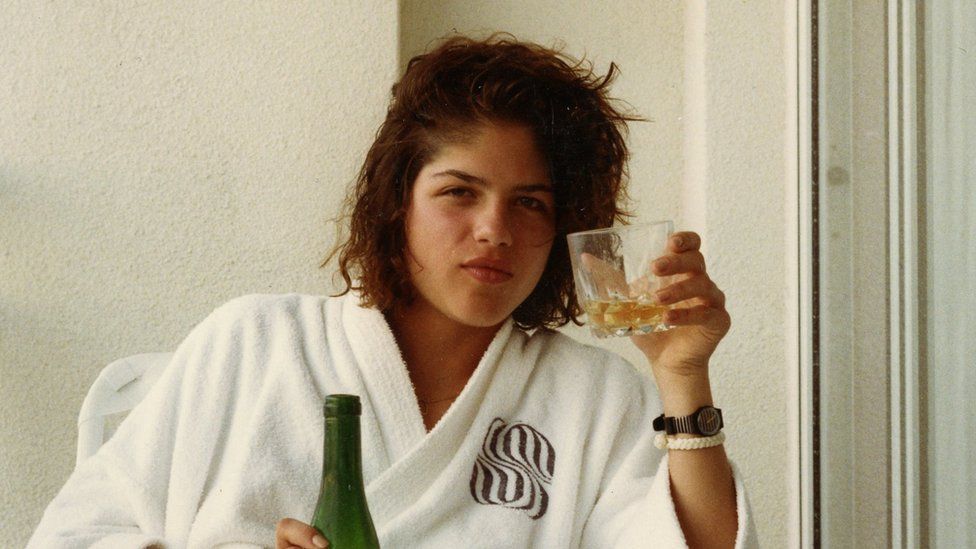
But while Blair sees progress being made in Hollywood and in some US business sectors, she also points out areas of life which she says have taken a step back for women in the country – such as reproductive rights.
“I was as shocked as many people when Roe v Wade like overnight was overturned,” she says. “I thought there were more safeguards.”
Earlier this year a ruling by the US Supreme Court effectively ended the constitutional right to abortion for millions of US women.
“I thought it was very frightening that could be undone, that so many people feel the need to control our bodies and our decisions.”
Blair remains hopeful for the future, and draws comfort from the fact that it is the support of other women which has allowed her to continue and thrive.
“We need to know that we are strong,” she says.
“We will have to get our votes in. We have to stand up and be visible, we will not be silenced with our own bodies.”
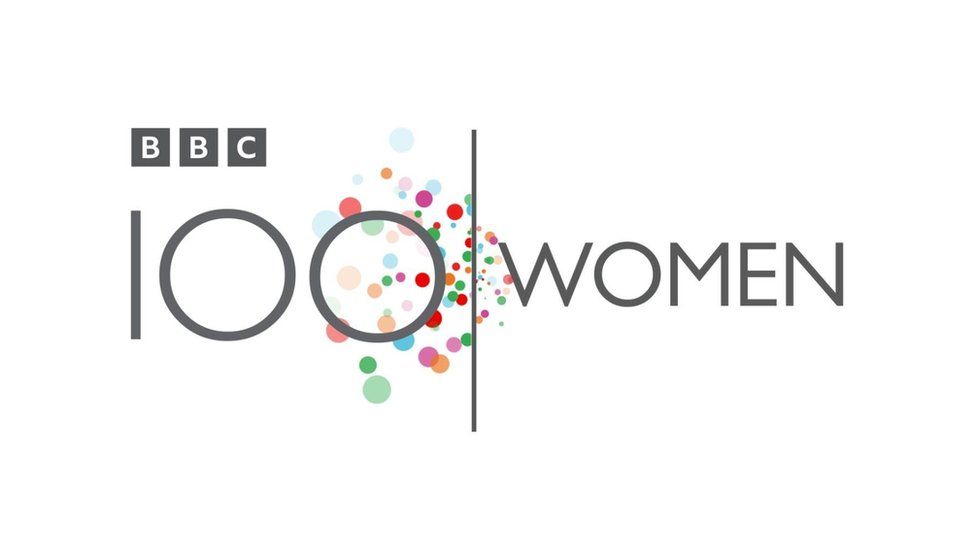
BBC 100 Women names 100 inspiring and influential women around the world every year. Follow BBC 100 Women on Instagram, Facebook and Twitter. Join the conversation using #BBC100Women.
- 2 days ago
